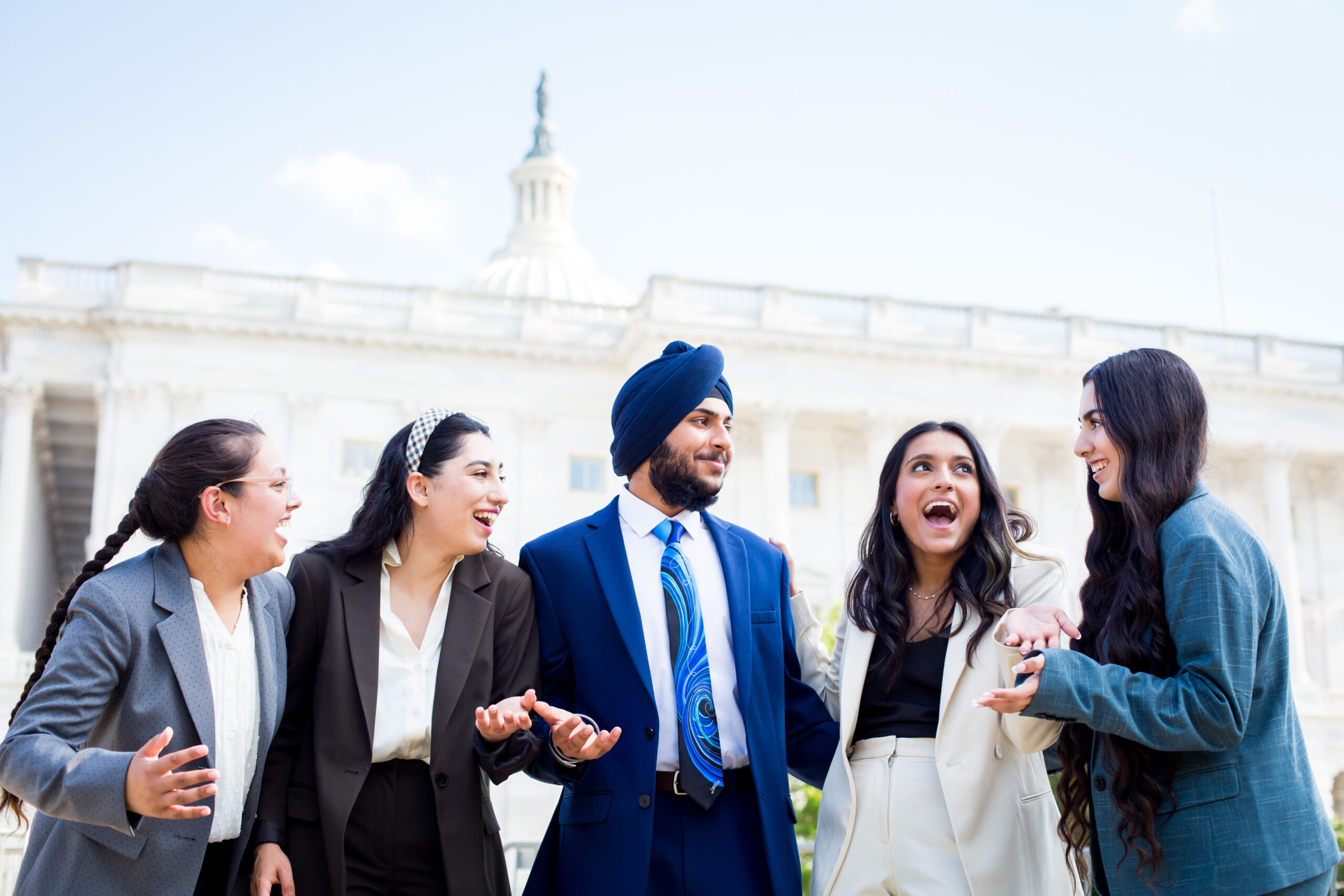The great thing about the OC Turban Flap is this: The actual damage is microscopic, while the underlying principle can be pumped up to Brown vs. Board of Education proportions. The “victim” is not physically or financially injured, but the implications are so menacing that you can, if you try hard enough, see the outline of Jim Crow in the background. As has been widely reported, Sanjum Paul Sing Samagh, a UC Irvine medical student who always wears a Sikh turban in public, was turned away from a Costa Mesa bar that does not allow its patrons to wear hats. Big deal, you say? As discrimination goes, this rebuff hardly ranks with Rosa Parks. Gather your party and go to another joint where hats (and, therefore, turbans) are allowed. Really, who has time to make a federal case out of such a trivial affront? That’s the grumbling get-over-yourself view. But if one is so inclined – and Samagh is, along with his Rancho Bernardo family and the Sikh American Legal Defense and Education Fund – you can take this front-door rejection and rev up the civil-rights engine to the red line. A hat is one thing, they contend, a Sikh turban another. The two are as similar as a Yankee cap and a Jewish yarmulke. The hat can be taken off at will. (Or when your mother lays down the law at the dinner table.) The turban can’t be removed without also removing the faith. For practicing Sikhs, turbans are sacred expressions of identity. Conflating the two types of “headgears” – baseball caps and turbans – does appear to discriminate on the basis of religion, a dicey move under the Constitution. This, you would think, is the sort of issue best broached by the legal bar, not a dance bar. OK, it’s understandable why the Pierce Street Annex might want to enforce a hat-free zone in its raucous confines. Expressive hats among well-lubricated clubbers can be like gang (or, maybe more provocatively, USC or UCLA) colors on the head. A bar is certainly within its rights to impose a dress code that raises the sartorial tone – and preserves the peace – as patrons drink, mingle and dance to hip-hop music. Ironically, in taking a step to improve its image and pacify the mood, the Annex has punched itself in the eye. It is now a lightning rod for the daily slights suffered by the nation’s more than 150,000 Sikhs, a non-Muslim religious group that has been ignorantly subjected to anti-Muslim prejudice. Adding injury to insult, the Annex is a target of a pro-Samagh UC Irvine boycott. It’s unclear what the student stiff-arm will do to the bar receipts, but it can’t help in a competitive nightclub market. So what should the Annex have done on the night of Jan. 25? It’s simple. The management should have realized that its policy did not anticipate someone like Samagh. Every rule has exceptions. This was one such occasion. Think about it. What would the Annex do for a cancer patient wearing an inoffensive cap to hide his bald head? Tell him to go someplace else to dance? If you did, how would you sleep at night? The Annex’s owner reportedly told Samagh and his aghast friends that he was a lawyer and that he had the right to treat all headgear as headgear, period. In a legal sense, that may be true. But in a business sense, it’s self-defeating to defend it. This bar has been open for about 32 years. It’s survived all sorts of changes in a trendy market. In short, it’s adapted. Now it’s time to adapt again. If the no-hat policy is retained, a bright line should be drawn between commercial headgear and a religious turban. Granted, someone in a do-rag might push for “equal” treatment at the door. “It’s an expression of my Rasta religion, man.” That may be awkward to deal with, but nothing like the negative publicity the bar is experiencing now. As civil-rights stages go, the OC bar is, at best, a symbol of more serious confrontations. Sikhs have been taken off commercial flights because of the ceremonial daggers their faith can require them to carry. In Europe, the failure of devout Muslims to assimilate in dress has sent shock waves through France and Britain. Distrust of Muslim immigrants fuels the debate. So far, Samagh is asking for is an apology and a change of bar policy. That should be so easy. That is, unless the Annex has a thing about serving Sikhs. In which case, the bar deserves to lose its hat.
